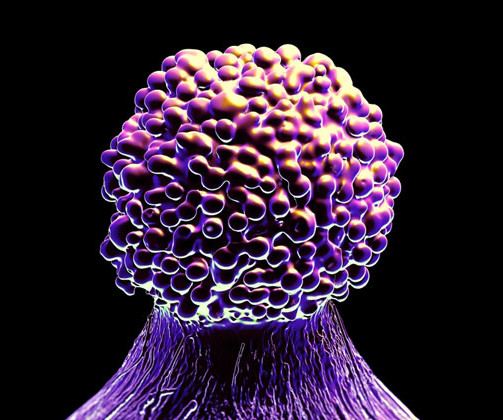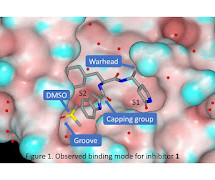#WhyIScienceQ&A: A neuroscientist advocates for stepping outside your comfort zone in research
Broad Institute
JUNE 16, 2025
By Allessandra DiCorato June 16, 2025 Credit: Allison Colorado, Broad Communications Giulia Monti studies Alzheimer's disease in the lab of Anna Greka. She had spent the last four years earning her PhD at Aarhus University in Denmark, studying proteins called cargo receptors in Alzheimer’s disease. What got you interested in research?











Let's personalize your content